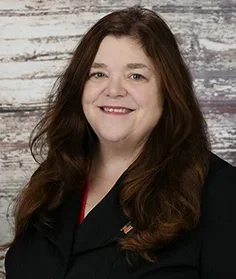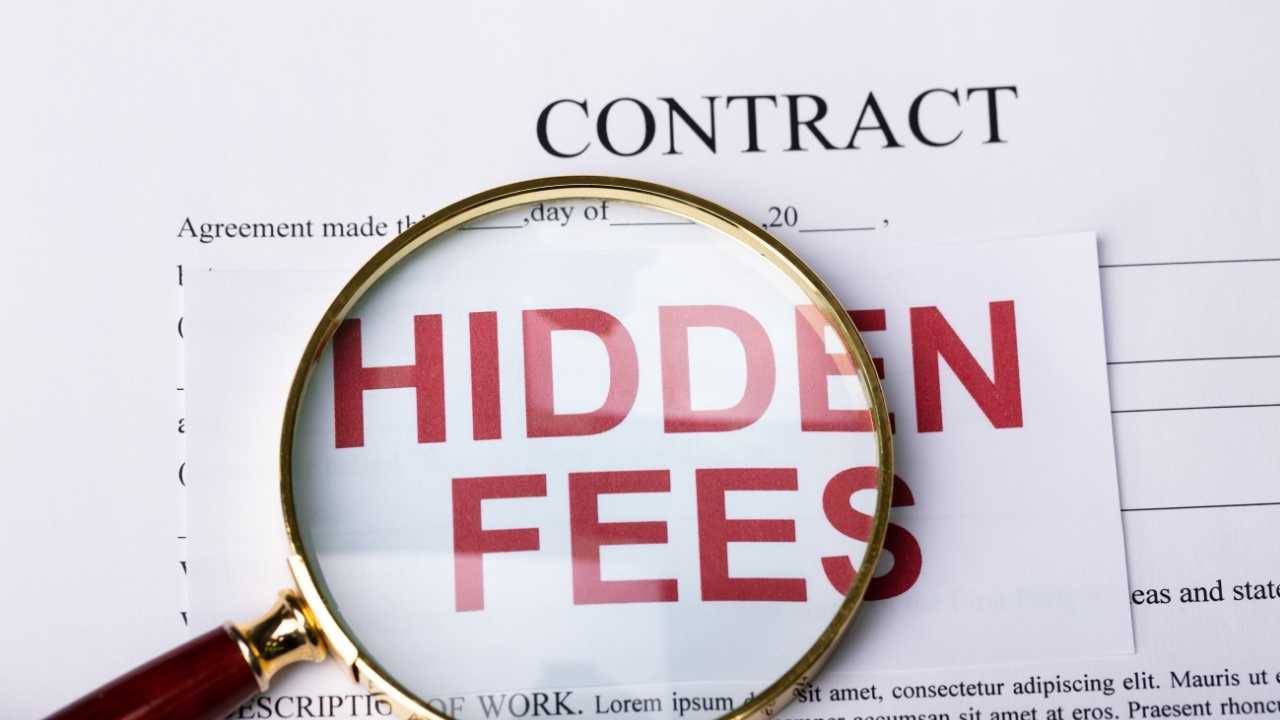The Trumbull County CAUV Renewal Application (DTE FORM 109A) is a form that farmers and landowners in Trumbull County, Ohio, must file each year to maintain their property’s Current Agricultural Use Valuation (CAUV) status, which reduces property taxes for eligible agricultural land.
This article explains the CAUV program, the renewal process, eligibility, benefits, and how to complete the DTE FORM 109A. It also covers deadlines, costs, and tips to ensure a smooth application process.
What is the CAUV Program?
The CAUV program in Ohio helps farmers by taxing their land based on its agricultural value instead of its market value. This can save farmers thousands of dollars in property taxes each year. It’s been helping Ohio farmers since 1975.
Why CAUV Matters
In Trumbull County, farmland often has a high market value due to potential development. CAUV lowers the tax burden by focusing on the land’s farming productivity. This supports farmers and keeps agriculture thriving.
How CAUV Values Are Determined
CAUV values depend on factors like soil type, soil region, and land capability class. Agricultural commodity prices also play a role. The Ohio Department of Taxation sets these values every three years.
Eligibility for CAUV in Trumbull County
To qualify for CAUV, your land must meet specific requirements. Here’s what you need to know:
- Land Size: The property must be 10 acres or more. Smaller tracts can qualify if they generate at least $2,500 in average gross income from agricultural products over the past three years.
- Exclusive Agricultural Use: The land must be used only for commercial farming, such as growing crops, raising livestock, or aquaculture.
- Three-Year History: The land must have been in commercial agricultural use for the last three years.
Examples of Qualifying Activities
- Growing crops like corn, soybeans, or wheat.
- Raising animals, such as cows, chickens, or bees (apiculture).
- Operating a greenhouse or aquaculture farm.
Non-Qualifying Activities
Land used for non-agricultural purposes, like a garden store or residential development, doesn’t qualify. Woodland can qualify, but only under CAUV or a forestry program, not both.
Benefits of the CAUV Program
The CAUV program offers significant tax savings. Here’s why it’s valuable:
- Lower Taxes: Taxes are based on the land’s agricultural value, not its higher market value.
- Supports Farming: Lower taxes make it easier for farmers to keep their land in production.
- Long-Term Savings: CAUV values are reassessed every three years, ensuring consistent benefits.
How Much Can You Save?
Tax savings depend on the difference between the CAUV value and the market value. For example, if your land’s market value is $10,000 per acre but its CAUV value is $2,000, you’re taxed on the lower amount.
The CAUV Renewal Application (DTE FORM 109A)
The DTE FORM 109A is the renewal application for maintaining CAUV status. Landowners must file it every year to continue receiving tax benefits. Missing the deadline can result in higher taxes or recoupment fees.
Where to Get the Form
The Trumbull County Auditor’s Office mails blank DTE FORM 109A forms to CAUV participants in January. You can also download it from the Trumbull County Auditor’s website or the Ohio Department of Taxation’s website.
When to File
You must submit the DTE FORM 109A between the first Monday in January and the first Monday in March each year. For 2025, the deadline is March 3, 2025.
Cost of Filing
There’s no fee for filing the renewal application. However, the initial CAUV application (DTE FORM 109) costs $25.
How to Complete the DTE FORM 109A
Filling out the DTE FORM 109A is straightforward if you follow these steps. The form requires basic information about your property and its agricultural use.
Step-by-Step Guide to Completing the Form
- Property Owner Information: Enter your name, address, and contact details.
- Parcel Number: List the parcel number(s) for your land. You can find this on your property tax bill.
- Acreage: Specify the total acres under CAUV and the acres used for agriculture.
- Agricultural Activities: Describe how the land is used (e.g., crops, livestock, or greenhouse).
- Income Verification: For tracts under 10 acres, provide proof of at least $2,500 in average gross income over the past three years.
- Signature: Sign the form to certify the information is accurate. Providing false information can lead to penalties.
Tips for a Successful Application
- Double-check your parcel numbers to avoid errors.
- Keep records of your agricultural income, especially for smaller tracts.
- Submit the form early to avoid missing the deadline.
What Happens If You Miss the Deadline?
If you fail to file the DTE FORM 109A by the first Monday in March, your property may lose its CAUV status. This means:
- Higher Taxes: Your land will be taxed at its market value, which is usually much higher.
- Recoupment Fees: You may owe back taxes for up to three years of tax savings under CAUV.
Appealing a Denial
If your CAUV renewal is denied, you can appeal to the Ohio Board of Tax Appeals within 60 days of receiving the denial notice. Use the DTE FORM 112 for denials.
Important Dates for 2025
Here’s a timeline to help you stay on track:
| Date | Event |
|---|---|
| January 6, 2025 | First day to file DTE FORM 109A. |
| March 3, 2025 | Deadline to submit DTE FORM 109A. |
| August 4, 2025 | Last day for the Auditor to inspect land for CAUV eligibility. |
| September 8, 2025 | Last day for the Auditor to notify owners of denied applications. |
Common Mistakes to Avoid
Filing errors can delay or jeopardize your CAUV status. Watch out for these:
- Incomplete Forms: Missing parcel numbers or signatures can lead to rejection.
- Late Submission: Forms submitted after March 3, 2025, won’t be accepted.
- Incorrect Income Reports: Small tracts must prove $2,500 in agricultural income.
How to Correct Mistakes
If you make an error, contact the Trumbull County Auditor’s Office immediately. You may need to file a DTE FORM 110 to amend your application.
CAUV vs. Other Tax Programs
CAUV isn’t the only tax relief program for landowners. Here’s how it compares:
- Homestead Exemption: Reduces taxes for senior citizens or disabled homeowners. It can’t be combined with CAUV unless the land has a qualifying residence.
- Ohio Forest Tax Law (OFTL): Offers tax breaks for woodland but requires a separate application. You can’t use CAUV and OFTL for the same land.
Choosing the Right Program
If you own woodland, decide between CAUV and OFTL based on your management plan. CAUV is better for active farming, while OFTL suits forestry-focused land.
Factors Affecting CAUV Values
CAUV values are calculated using a complex formula. Key factors include:
- Soil Type: Different soils have different productivity levels.
- Commodity Prices: Higher crop prices can increase CAUV values.
- Production Costs: Changes in farming costs affect the formula.
- Land Capability Class: This measures the land’s suitability for agriculture.
How Values Change Over Time
CAUV values are updated every three years during Ohio’s reappraisal cycle. In Trumbull County, this can lead to higher or lower tax savings depending on market trends.
Sample CAUV Savings
Here’s an example of how CAUV can save money:
| Property Details | Market Value | CAUV Value |
|---|---|---|
| 20 acres, corn farm | $200,000 | $40,000 |
| Taxable Value (35%) | $70,000 | $14,000 |
| Estimated Tax (1%) | $700/year | $140/year |
This farm saves $560 per year with CAUV.
How to Apply for CAUV Initially
If you’re new to CAUV, you’ll need to file the DTE FORM 109 (initial application) instead of the DTE FORM 109A. Here’s a quick guide:
- Confirm Eligibility: Ensure your land meets the size and use requirements.
- Gather Documents: Provide proof of agricultural income for small tracts.
- Pay the Fee: Submit $25 with your application.
- File by March 3: Submit to the Trumbull County Auditor’s Office.
Where to Apply
Visit the Trumbull County Auditor’s Office at 160 High Street NW, Warren, OH 44481, or check their website for online submission options.
Recoupment Fees Explained
If your land no longer qualifies for CAUV (e.g., it’s developed or not renewed), you’ll face recoupment fees. These equal the tax savings you received for up to three years. For example:
- If you saved $1,000 per year for three years, you’d owe $3,000 in recoupment fees.
Frequently Asked Questions
Here are answers to common CAUV questions:
- Can I apply for CAUV if I lease my land? Yes, as long as the lessee uses it for commercial agriculture.
- Does a greenhouse qualify? Yes, if it meets income requirements.
- What if I sell my CAUV land? File a DTE FORM 102 to transfer CAUV status to the new owner.
Tips for Trumbull County Farmers
To make the most of CAUV, follow these tips:
- Keep detailed records of your farming activities and income.
- Check your soil type with the Trumbull County Soil and Water Conservation District.
- Contact the Auditor’s Office with questions before the deadline.
How CAUV Supports Trumbull County
The CAUV program keeps farming viable in Trumbull County. It helps preserve rural landscapes and supports local food production. By reducing tax burdens, it ensures farmers can focus on growing crops and raising livestock.
Community Impact
CAUV benefits extend beyond farmers. Lower taxes help keep food prices affordable and maintain Trumbull County’s agricultural heritage.
Staying Informed About CAUV Changes
CAUV rules and values can change. Stay updated by:
- Visiting the Trumbull County Auditor’s website.
- Checking the Ohio Department of Taxation for new guidelines.
- Attending local farming workshops or events.
Conclusion
The CAUV Renewal Application (DTE FORM 109A) is essential for Trumbull County farmers to maintain tax savings. By filing on time, providing accurate information, and understanding eligibility, you can keep your land in the CAUV program. Contact the Trumbull County Auditor’s Office for help, and stay proactive to avoid penalties.




